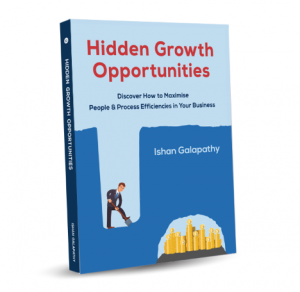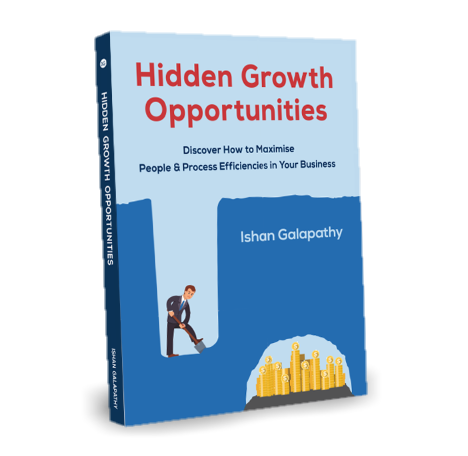During my school years back in Sri Lanka, I keenly took part in scouting and basketball as extracurricular activities. At 16 years of age, four of my closest scouting friends and I went on a major hiking and camping trip for a week – just the boys. I’m still surprised and grateful that my parents (and in fact all parents of the other lads) allowed us to travel to this remote location on our own, way before mobile phones, google maps and convenience stores.
We wanted to camp at Horton Plains – a breathtakingly beautiful and unique landscape at the highest tableland in Sri Lanka at 2,200 m above sea level, spreading across over 3,169 hectares. One of the attractions there is a beautiful and stunning natural wonder created by a dramatic cliff with a drop around 1,200m, aptly called the ‘World’s End’. It offers breathtaking and panoramic views of the rolling hills and lush greenery of the surrounding plains. It has declared a UNESCO World Heritage Site due to the large number of endemic flora and fauna species.
Interestingly, reports from European explorers a couple of centuries ago described the island now called Sri Lanka as the original Garden of Eden and the very place I am referring to as the exact birthplace of humanity. While the oldest human remains in South Asia have been found there, revealing the ‘Balangoda’ civilisation dating to 38,000 BC, exploring that is beyond this newsletter. Getting there was a challenge itself, the boys travelled overnight on a 10-hour train ride, carrying all the gear, arriving at the closest railway station around 6 am. Then we were on foot, hiking, hacking our way through the jungle for nearly 7 hours to arrive to our camping site. I recall getting there in the afternoon and we were totally buggered. Dropping our gear and equipment at the camp site, we just collapsed, ate something out of cans and rested.
Soon, the clouds set in and the temperature started to drop (imagine a cold and misty place, not the tropical beaches Sri Lankan tourism displays). So, we sprung back up on feet to set-up camp. A couple of boys went to collect firewood, while the others attended to the tents, prepared dinner and collected water from the nearby stream. That evening, and in fact every evening, we built a fireplace – to keep warm, to cook and to keep the wild-life away.
Building that campfire wasn’t easy – the firewood was damp due to the high moisture in the area. We first prepared the area and created a fire-ring with stones and rocks gathered from nearby surroundings. Then we built a cone with some small branches and twigs that were somewhat dry. We then placed some dry leaves as kindling inside the cone and tried to light it the old-fashioned way with matchsticks as didn’t have ‘fire starter cubes’ back then. It was a struggle as the even the leaves weren’t dry enough to catch the fire immediately.
Then one of us had a brilliant idea – there was plenty of tall grass everywhere and wanted to use carefully picked extremely dry grass as kindling. With the dry grass right at the bottom and on top of the cone, leaves inside the cone, magic happened. We created a fire. We worked with it carefully placing more twigs, grass and protecting from the wind to keep the fire going.
Just when we thought we had it going, the flame nearly died, and we managed to resuscitate it by blowing onto the embers. Once the wind turned direction and blew smoke into our eyes. Finally, we got the twigs to catch fire! A few more small branches and then carefully placed thick branches eventually got the fire roaring. Once we got the hang of it the process because much easier on the subsequent days.
Starting an Operational Excellence journey to unlock your organisations true potential, in fact any change journey, follows a very similar path. It takes careful preparation, starting small, celebrating wins and then building on that.
So, no matter where you are in your journey, here are a few questions to ponder about:
- If you haven’t started – think about how you will build your fire ring. This is the area that you will pilot the change and it needs protection from other major changes. Who will fuel and spark the change? These are the few you can trust and have the capacity to lead. You will need to guard the initial few weeks / months closely. Otherwise, the spark dies quickly.
- If you’ve started – well done. How are you planning to build on this success? Have you got more firewood? That is, more people you can reply on to build on this success. Businesses tends to rely on the few capable individuals for everything and they are stretched, overwhelmed and exhausted. Again, it is very easy for the fire to die even at this stage unless you have good dry firewood to keep it going.
- If you’ve got roaring success – congratulations! How are you feeding this success back to your teams? Positivity and progress can be infectious. Create a positive and engaged environment – just like how you’d sit around the campfire chatting and strengthening relationships with your friends. Love to hear about your success stories. Just hit reply to this.
A final word, it is the Spark and the Start that matter the most. How are you planning your next change initiative?
PS: At the end of our weeklong camp, we walked down the hill heading back to the train station with lighter backpacks, richer friendships and amazing experiences.





